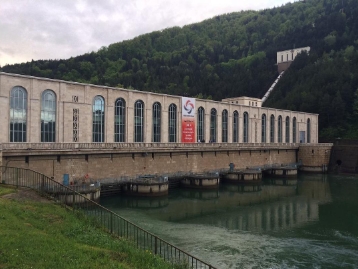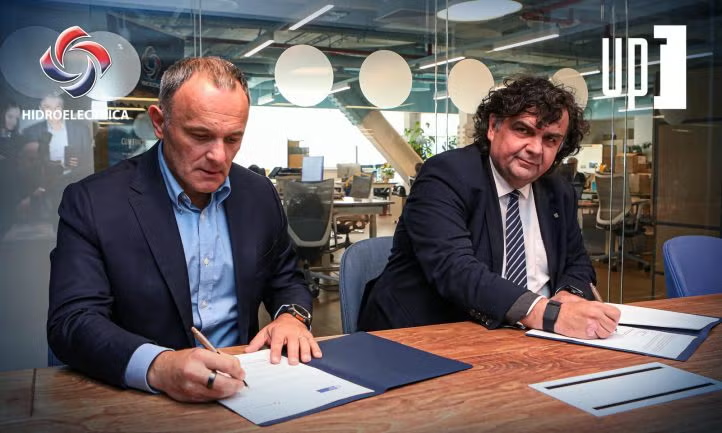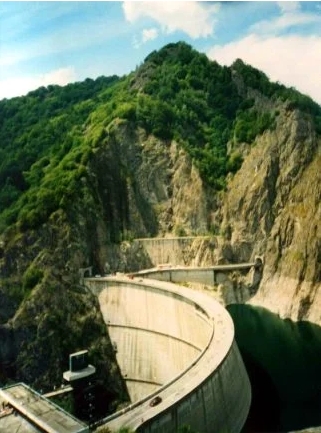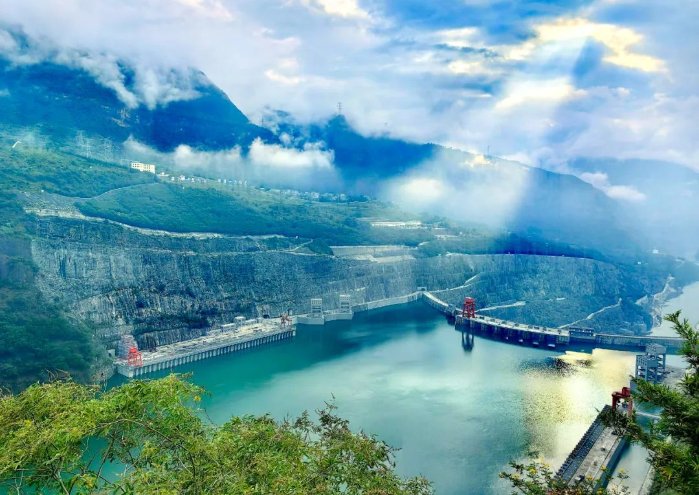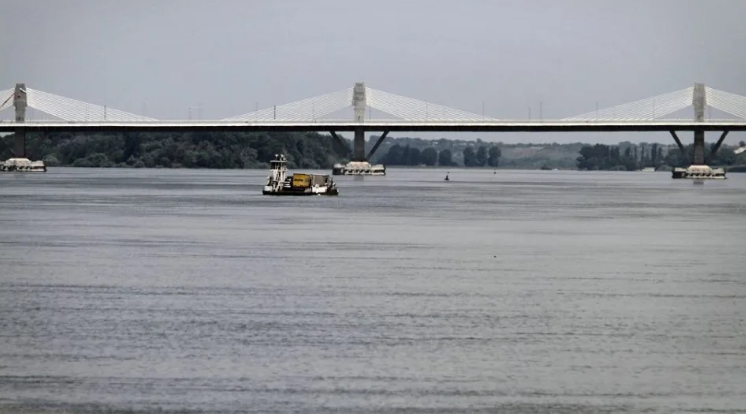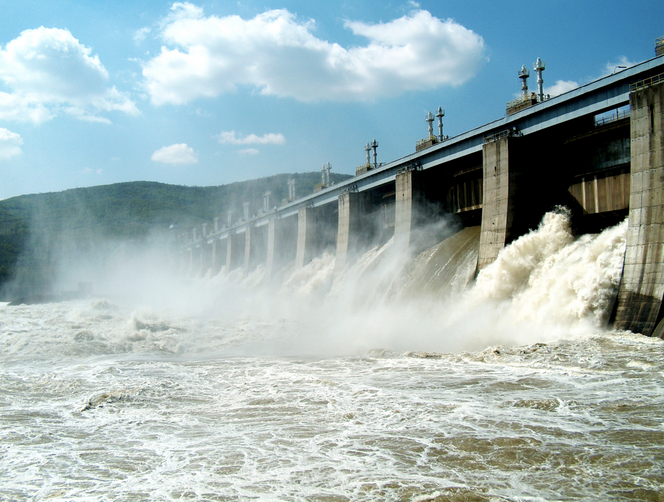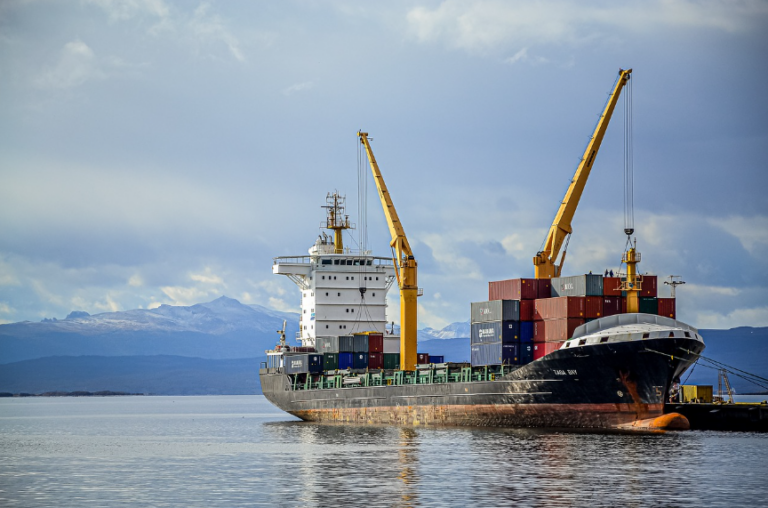
Illustration purposes only (via Pixabay)
Auramarine and Quadrise have disclosed that this cooperation aims ‘to leverage the experience of both companies’ in emulsion fuels, biofuels and fuel supply systems, and collaborate on creating such solutions that could support the companies themselves in meeting their sustainability targets, as well as contribute to the maritime industry’s all-embracing climate neutrality goals.
As informed, within the scope of this partnership, the British supplier is set to provide its multiphase superfine atomized residue (MSAR) and bioMSAR fuels. The oil-in-water emulsion technology that led to the creation of these fuels is made by blending residual oils, water and additives to offer a ‘lower-cost’ but ‘reliable’ synthetic fuel oil.
Specifically, MSAR is considered an environmentally friendly emulsion fuel that is “cost-effective” and a “cleaner” alternative to heavy fuel oil (HFO), used in the marine and power generation industries. According to Quadrise, MSAR has been shown to produce up to 9% less carbon dioxide (CO2) than ‘conventional’ HFO.
BioMSAR, on the other hand, is said to be the renewable biofuel version of MSA that incorporates eco-friendly components such as water-based glycerin and other lower-cost biofuels.
As per Quadrise, the testing done at the UK’s renewable energy specialist Aquafuel Research’s facilities so far has shown that bioMSAR’s efficiency is 3% higher than diesel while emissions data indicated a 20-27% reduction in nitrogen oxides (NOx). The bioMSAR fuel that was tested also allegedly showed CO2 being slashed by around 20%.
In regards to Auramarine’s role within the collaborative project, the company revealed that it would work on designing and installing fuel supply systems—including Quadrise’s blend-on-board-technology—for the conversion of marine vessels to support ‘a broader use of Quadrise fuels.’
It is understood that the partnership between the Finnish and the British companies could help the latter find markets for its fuel technology on a wider scale and across numerous vessel types, given the fact that Auramarine’s retrofit solutions do not require dry docking, making the implementation ‘easier’.
Reflecting on the development, John Bergman, CEO of Auramarine, highlighted: “The current uptake of future fuels needs to be accelerated to meet decarbonization targets within the maritime industry and new, viable innovations are essential to delivering this. By combining our strengths and expertise, we are confident that this partnership will drive further innovation and create significant value for our customers and other stakeholders.”
“We are delighted to sign this collaboration agreement with Auramarine, who have extensive experience and an enviable track record in the design, supply, and servicing of fuel systems for conventional and future fuels,” Jason Miles, Quadrise CEO, added.
“This collaboration is in line with our strategy of working with new channel partners to decarbonize shipping, adding the necessary expertise, network and resources of Auramarine in marine fuel systems to accelerate the implementation of MSAR and bioMSAR fuel conversions globally.”
In addition to the testing being done at Aquafuel’s facility, back in February 2024, Quadrise signed a collaboration agreement with renewable biofuels supplier Cargill NV and MAC2 Solutions, part of Group Machiels, about the production of MSAR and bioMSAR fuels. Once the trials were wrapped up, the parties involved in the projects unveiled that Quadrise would then strive to supply MSAR and bioMSAR fuels in the Belgian Port of Antwerp-Bruges.
Meanwhile, in June this year, Auramarine combined efforts with Germany’s Hagedorn Products & Systems and Hagedorn Service & Engineering via a representative agreement to collaborate on fuel supply systems.
Under the terms of this contract, Hagedorn was set to serve as an official Auramarine representative for its fuel supply units, including its conventional solutions, as well as methanol and ammonia systems.
